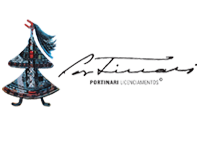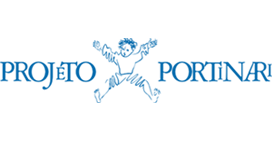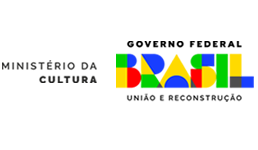General Info
His birth in São Paulo; the artistic atmosphere at home; the impossibility of attending the Escola Nacional de Belas Artes/ENBA; the impact of the French exhibition that came to Brazil in 1945; Portinari's guidance; Grupo 19; Aldemir Martins; Mário Gruber; his work at Clóvis Graciano's studio; trip to Europe in 1949; his sister's help during his stay in Paris; intimacy with Portinari in Paris; Portinari's invitation to work with him on the panel "Fishermen"; the humanism in Portinari's art; praises the master; Lasar Segall; the importance of his trip to Paris; the relationship of Portinari and Bianco; Portinari's discipline; Portinari's temperament; Francis Jourdan's studio; Portinari's meticulousness; Portinari's work routine; the influence of the Renaissance artists on Portinari's work; Capanema; Drummond; Portinari's unwillingness towards abstract art; Senhor Bom Jesus da Cana Verde Church, in Batatais; the portrait of Portinari's mother; Nélson Pereira dos Santos; Portinari's exhibition at the Museu de Arte de São Paulo/MASP in 1954; the panels "War" and "Peace"; his stay in Brodósqui; the influence of Portinari's hometown, Brodósqui, on his art; computer in art preservation; individualism and the French revolution; the wages paid by Portinari to his disciples; rupture with Portinari; trip to Moscow; Portinari's disillusionment with the Communist Party and with art; Portinari's seclusion; Portinari's traditionalism; "seu" Batista; Portinari's stories; "Portrait of Rubem Braga"; "Portrait of Nicolás Guillén"; João Candido's bent; the artistic career demands determination; the "Northeastern Migrants Series"; Quirino Campofiorito; Portinari's attempt to make a distinct Brazilian art; Tarsila do Amaral, the importance of Portinari.
























































